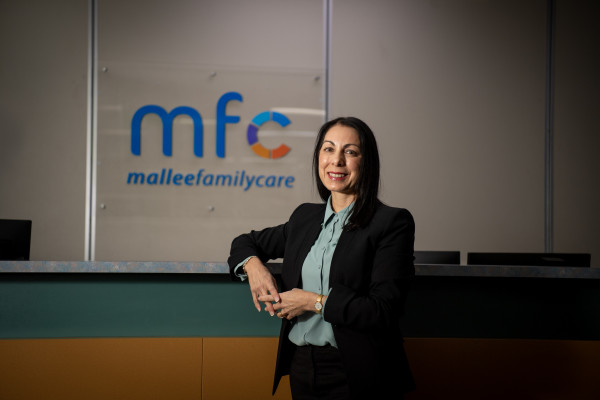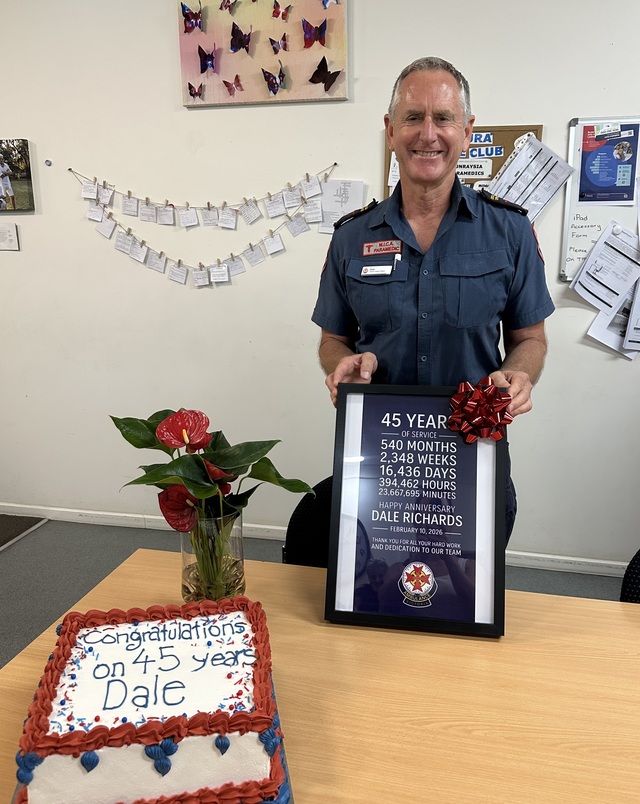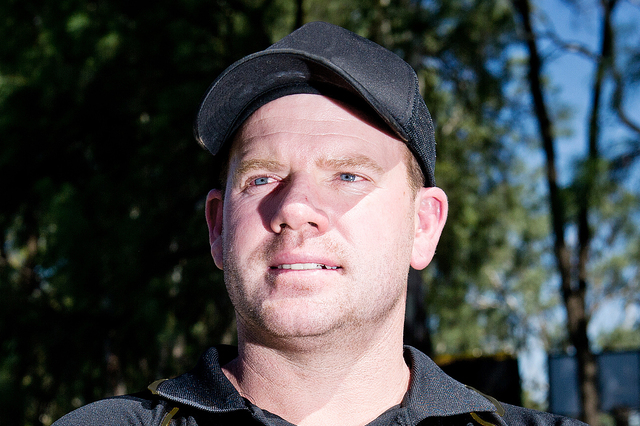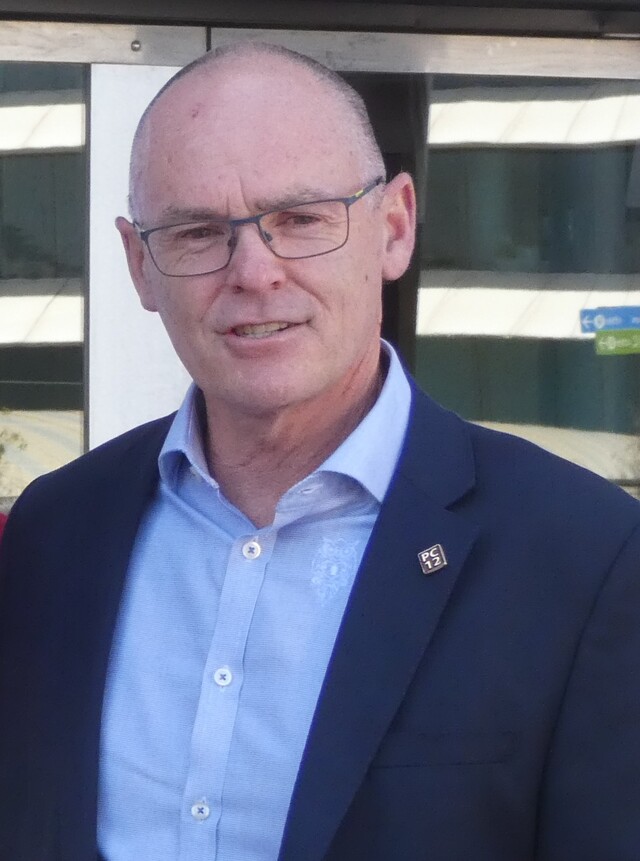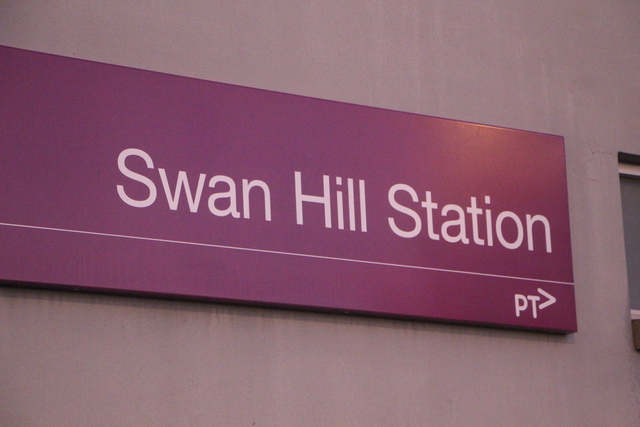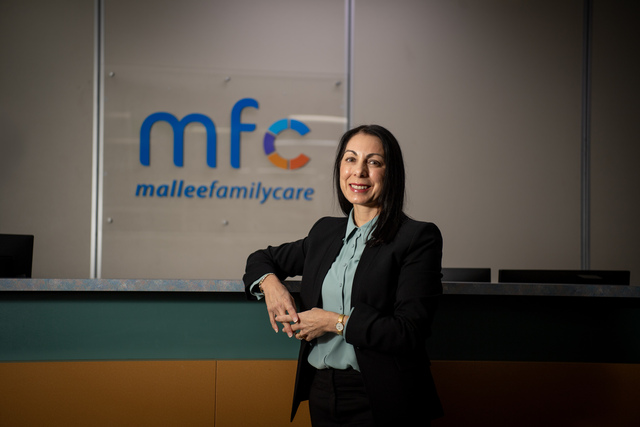By Teresa Jayet, Chief Executive Officer – Mallee Family Care
WE urge the Victorian Government to take immediate action in adopting the critical recommendations outlined in the Let us learn report.
Despite the clear and compelling case presented through the inquiry in November 2023, these vital recommendations have yet to be implemented, leaving children in out-of-home care at a continued disadvantage.
All Victorian children deserve the opportunity to reach their educational potential.
Yet children in out-of-home care often face barriers to accessing education which are not experienced by their peers who live with their families.
These barriers lead to disengagement from learning, lower academic achievement and the loss of opportunities for these young people to contribute meaningfully to the Victorian community.
For almost 50 years Mallee Family Care (MFC) has been working with families dealing with disadvantage and crisis.
In cases where children can no longer live with their families, this can involve programs which provide children with short- or long-term forms of care.
MFC and other similar community organisations work hard to support children in care and to minimise the negative impacts on them of trauma and family dislocation.
Engagement with education is a key part of promoting the well-being of children in care and breaking the cycle of disadvantage.
We are therefore concerned that not enough is being done to support access to education for this important and vulnerable group.
The 2023 Let us learn report by the Commission for Children and Young People documents some alarming statistics about the lack of engagement in education among children in out-of-home care.
This disengagement spans all age groups, from preschool to Year 12.
For example, attendance rates for secondary students in care are significantly lower than the general population, with 64 per cent experiencing chronic absenteeism.
These children are also five times more likely to face suspension or expulsion than their peers.
Participation in standardised testing, such as NAPLAN, is 25 per cent lower and those who do participate often score below average across all domains.
Unsurprisingly, this lack of engagement leads to poorer educational outcomes with only one in four students in care completing Year 12, compared to 82 per cent in the general student population.
Outcomes are even worse for specific groups, such as Aboriginal students and children in residential care units.
There are a number of specific barriers to successful engagement with education by children in care that are identified in the report.
These include placement instability, leading to frequent school changes or long commutes, and a lack of time and capacity on the part of carers and support workers to focus on educational engagement.
Other issues reported by students in care include stigma, low expectations, racism and bullying which further impede their ability to thrive in educational settings.
This situation is a tragedy at both the individual and societal levels.
At Mallee Family Care we have seen how education can act as a stabilising force for children facing significant challenges through offering pathways to future educational, employment and social opportunities.
We are actively working within the Mallee region to provide children in care in our region with increased opportunities through programs such as the Navigator Program, the Mallee Accommodation Support Program, and Chances for Children initiative.
These programs help disengaged youth reconnect with education and provide scholarships and practical assistance for young people in the region to achieve their goals.
MFC also offers parenting support and early intervention programs to help as many children as possible remain with their families.
Unfortunately, as the Let us learn report makes clear, much more needs to be done.
Like many other community organisations, MFC is struggling to meet the increasing demand for services.
Since 2019, the number of children entering care in Victoria has risen by 13 per cen and this is placing increased stress on services which already were under pressure.
Addressing these challenges requires comprehensive and coordinated action at all levels of government and across the education, community services and justice sectors.
Strengthening the capacity of the community sector to provide on-the-ground support to children and young people in care is one crucial strategy and a number of others were suggested in the Let us learn report.
These include adopting trauma-informed teaching practices, increasing support for carers, improving cultural plans, funding programs to encourage post-secondary education and enhancing data collection on attendance and engagement. Reforming disciplinary practices, such as suspensions, was also emphasised to prevent children in care from being disproportionately disadvantaged by exclusion from education.
Unfortunately, these critical recommendations have yet to be adopted by the Victorian Government.
This lack of action perpetuates disadvantage for children in out-of-home care and represents a missed opportunity for the broader community.
Education is not just a personal right; it is a societal investment in the future that all our children will share.
Implementing the Let us learn recommendations is essential to ensuring every child in care has the chance to succeed and contribute to a thriving, prosperous and equitable future for all Victorians.

